Top 10 Reasons Commercial Flat Roofs Leak in Des Moines, IA: Insights from Right Roofing
Have a EPDM, TPO, or PVC Leak? Learn More
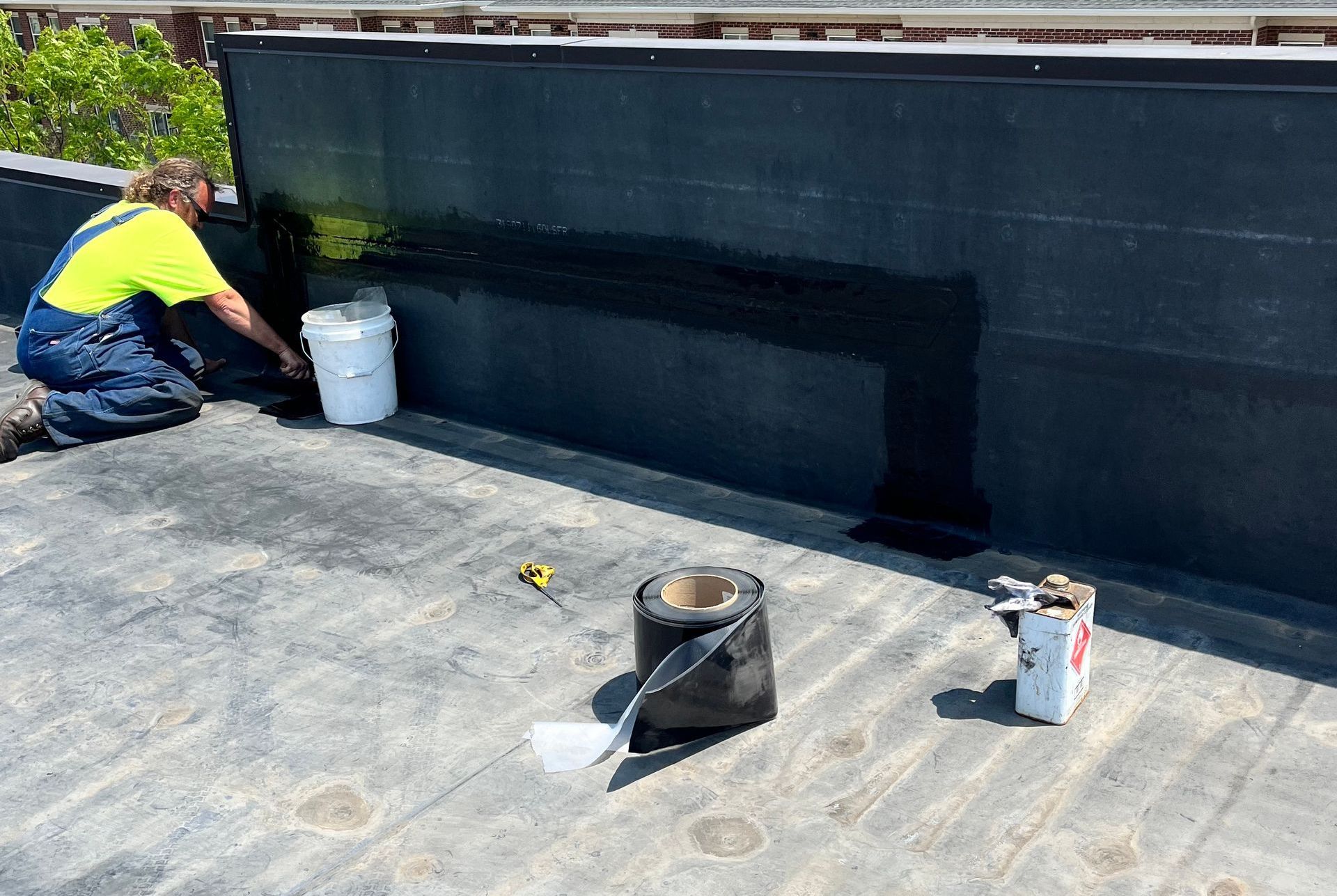
In the bustling city of Des Moines, IA, commercial flat roofs stand as stalwart guardians over businesses, protecting them from the elements. However, even the most robust roofing systems can fall victim to leaks, causing headaches for property owners and managers alike. At Right Roofing, with our years of experience servicing the Des Moines area, we've identified the top 10 reasons why commercial flat roofs may spring a leak.
1. Poor Installation:
One of the primary culprits behind commercial flat roof leaks is improper installation. From subpar membrane attachment to inadequate sealing around penetrations, a poorly installed roof is prone to leaks from the get-go.
2. Age and Wear:
Over time, the wear and tear of daily exposure to sunlight, rain, snow, and fluctuating temperatures can degrade roofing materials, leading to cracks, splits, and weakened seams that allow water infiltration.
3. Lack of Maintenance:
Regular maintenance is essential for the longevity of any roofing system. Failure to address minor issues promptly can result in larger problems down the line, including leaks. Neglected drains, debris accumulation, and damaged flashing are common maintenance-related issues that can lead to leaks.
4. Ponding Water:
Flat roofs are susceptible to ponding water, especially if they lack proper drainage systems or have inadequate slope. Standing water can exert excessive pressure on the roofing membrane, leading to leaks and structural damage over time.
5. Damaged Flashing:
Flashing plays a crucial role in preventing water intrusion around roof penetrations, edges, and transitions. However, damaged or improperly installed flashing can compromise the roof's integrity, allowing water to seep into the building.
6. Punctures and Tears:
Commercial flat roofs are often subjected to foot traffic, equipment installations, and maintenance activities, increasing the risk of punctures and tears in the roofing membrane. Even small punctures can provide pathways for water infiltration during rainstorms.
7. Extreme Weather Events:
Des Moines experiences its fair share of extreme weather, including heavy rainfall, hailstorms, and strong winds. These weather events can cause significant damage to commercial flat roofs, leading to leaks and other issues if the roofing system is not adequately prepared or maintained.
8. Thermal Expansion and Contraction:
Fluctuations in temperature can cause roofing materials to expand and contract, putting stress on seams, joints, and fasteners. Over time, this thermal cycling can weaken the roof's protective barrier, making it more susceptible to leaks.
9. Vegetation Growth:
Vegetation growth on or near the roof, such as moss, algae, or overhanging branches, can trap moisture and debris, accelerating the deterioration of roofing materials and contributing to leaks.
10. Substandard Repairs:
In some cases, attempts to repair existing roof issues may exacerbate the problem if not performed correctly. Improper repairs, such as using incompatible materials or techniques, can create weak points in the roofing system that are prone to leakage.
Conclusion:
Preventing commercial flat roof leaks requires a proactive approach that encompasses proper installation, regular maintenance, and timely repairs. By addressing the underlying causes of leaks and partnering with experienced roofing professionals like Right Roofing in Des Moines, property owners can safeguard their investments and ensure the long-term integrity of their commercial properties. Call today for a free commercial roof inspection!

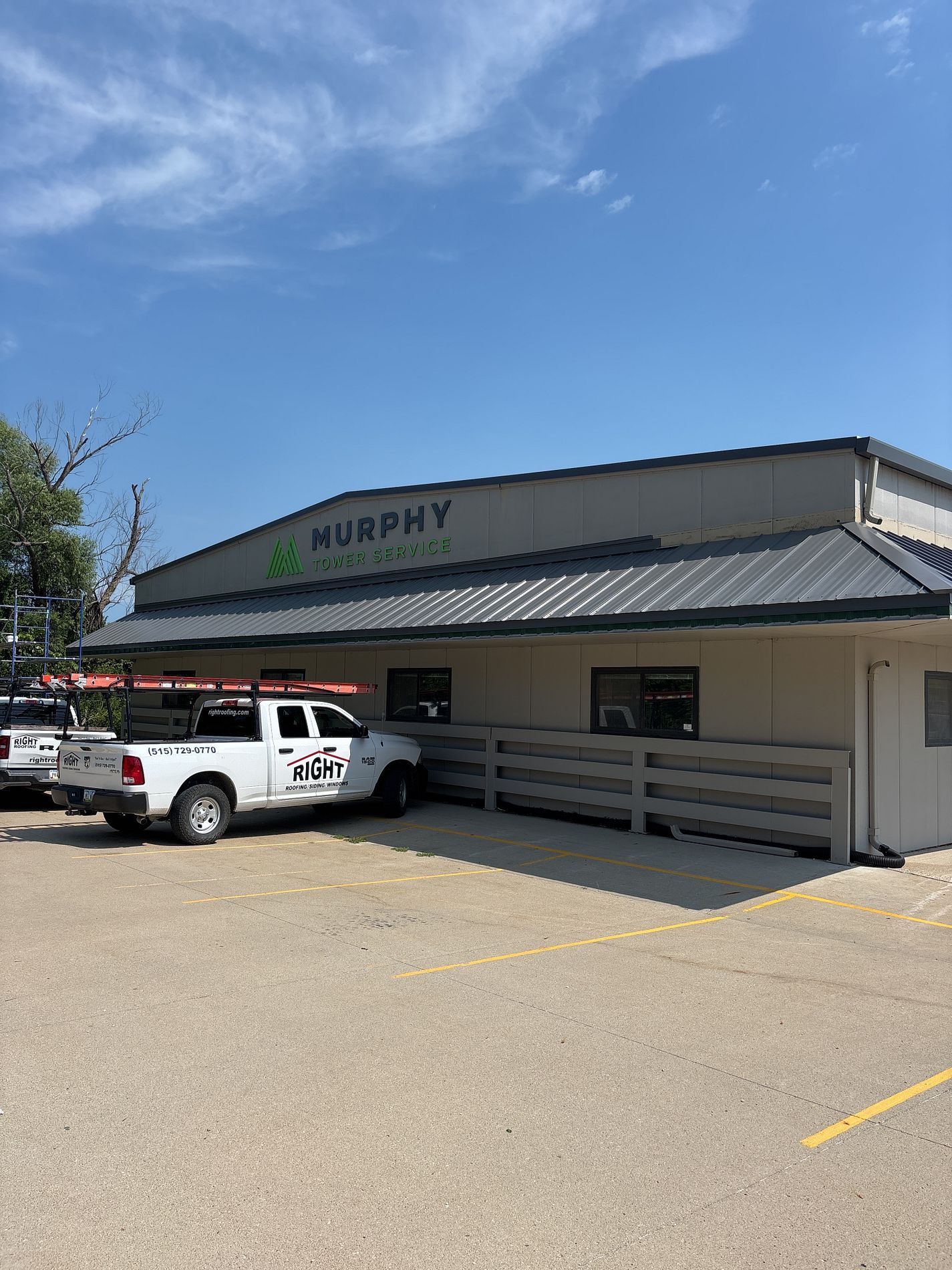
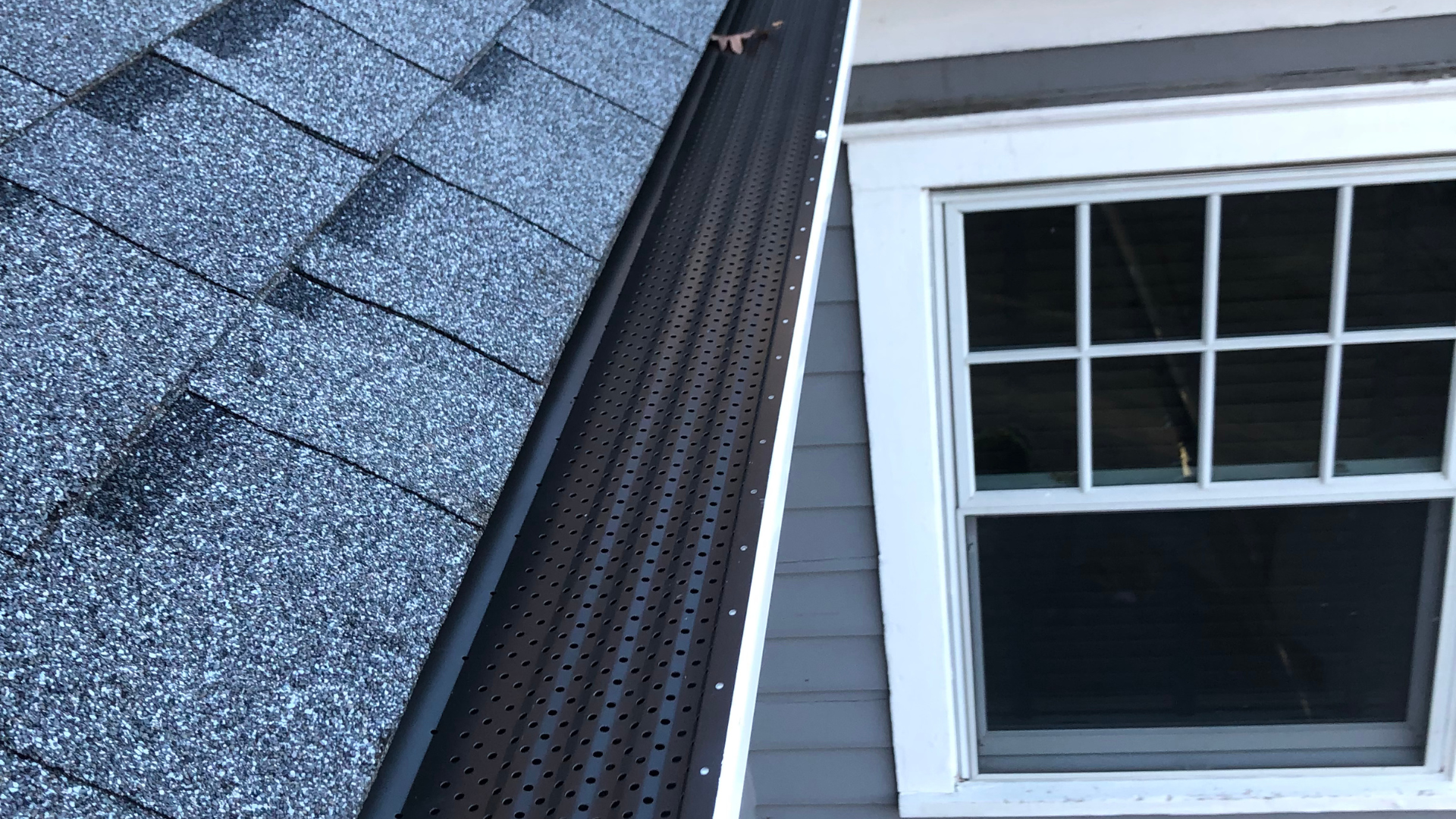
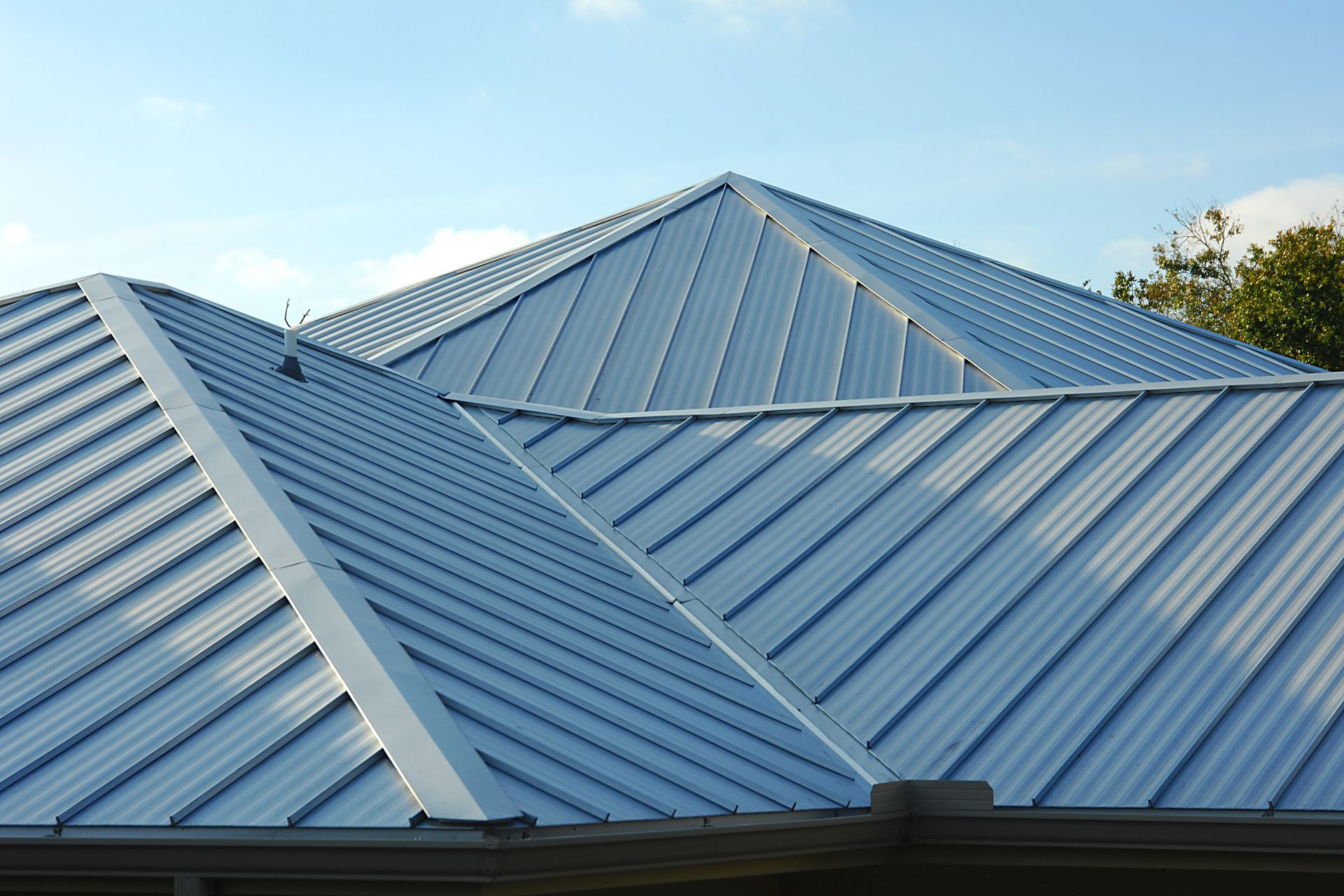
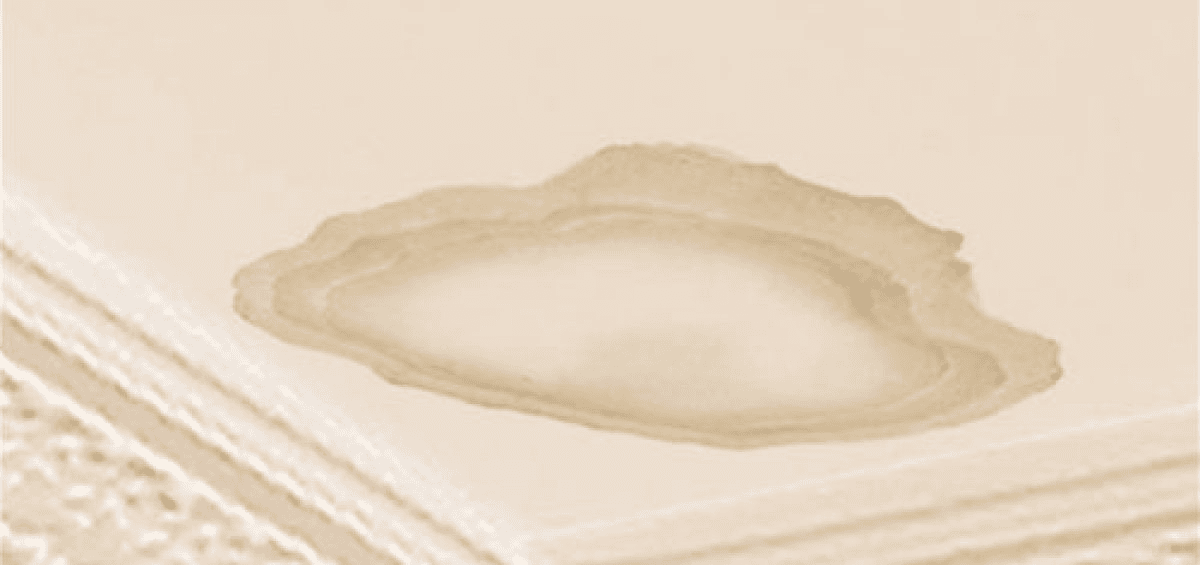
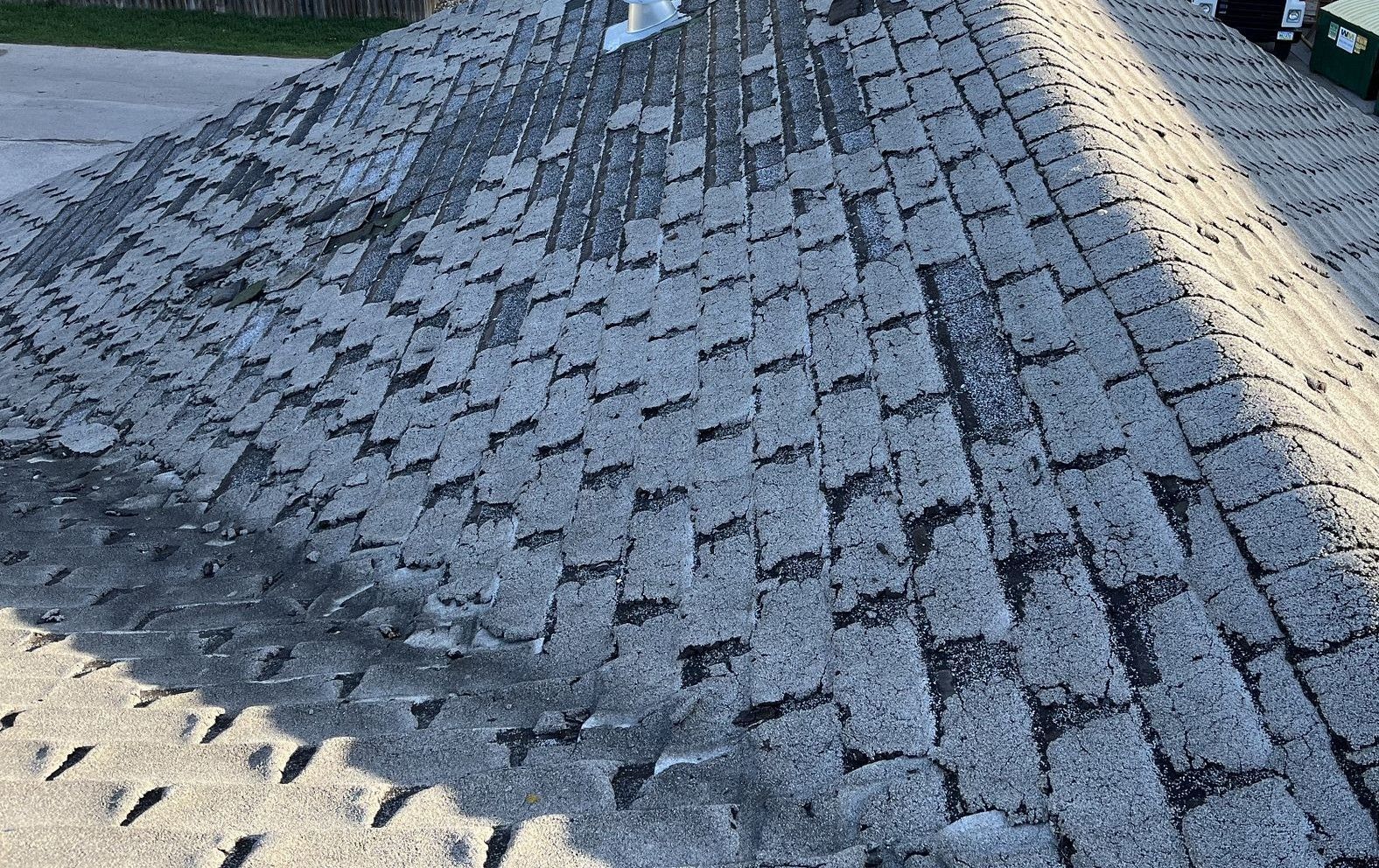
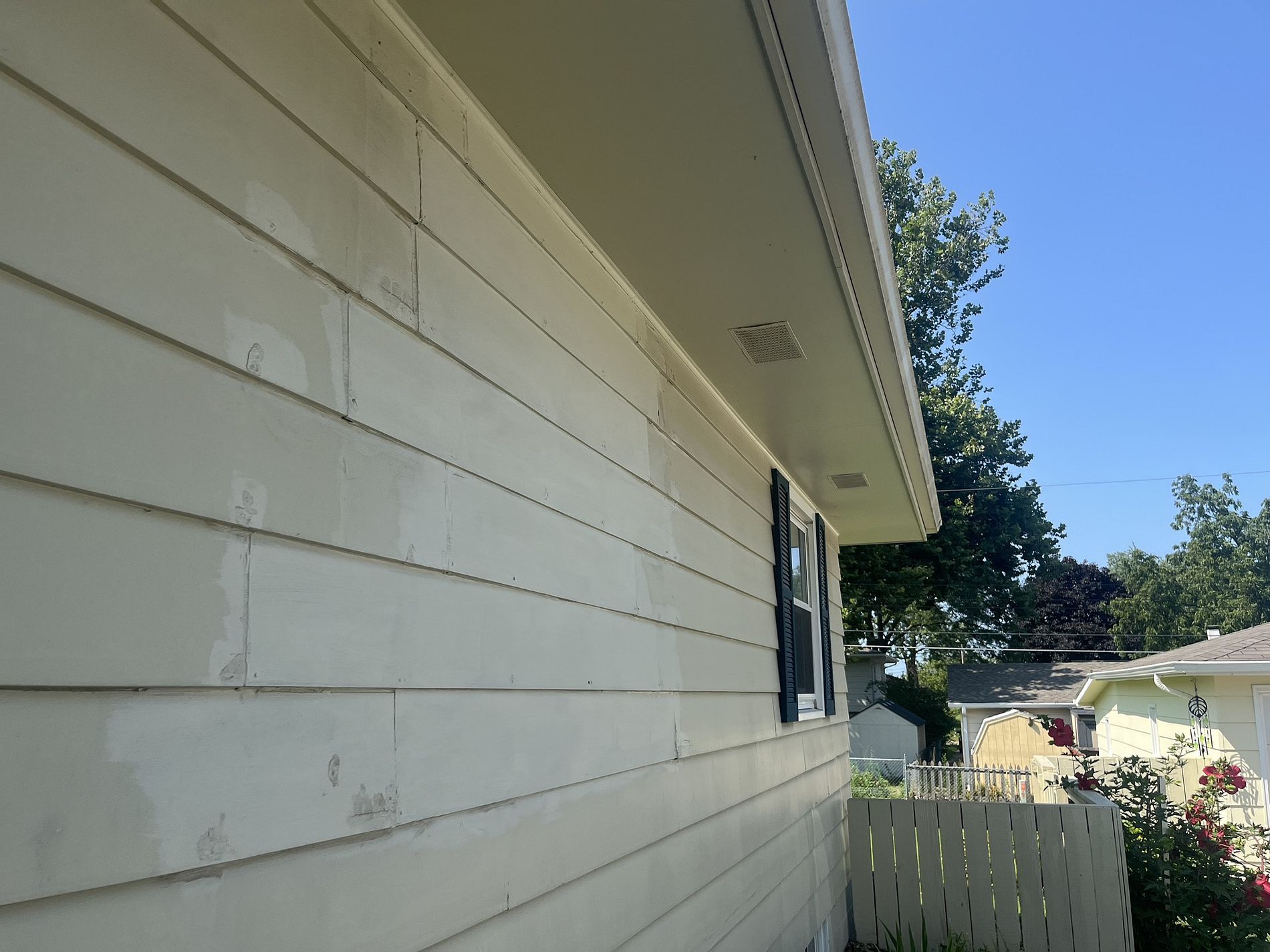
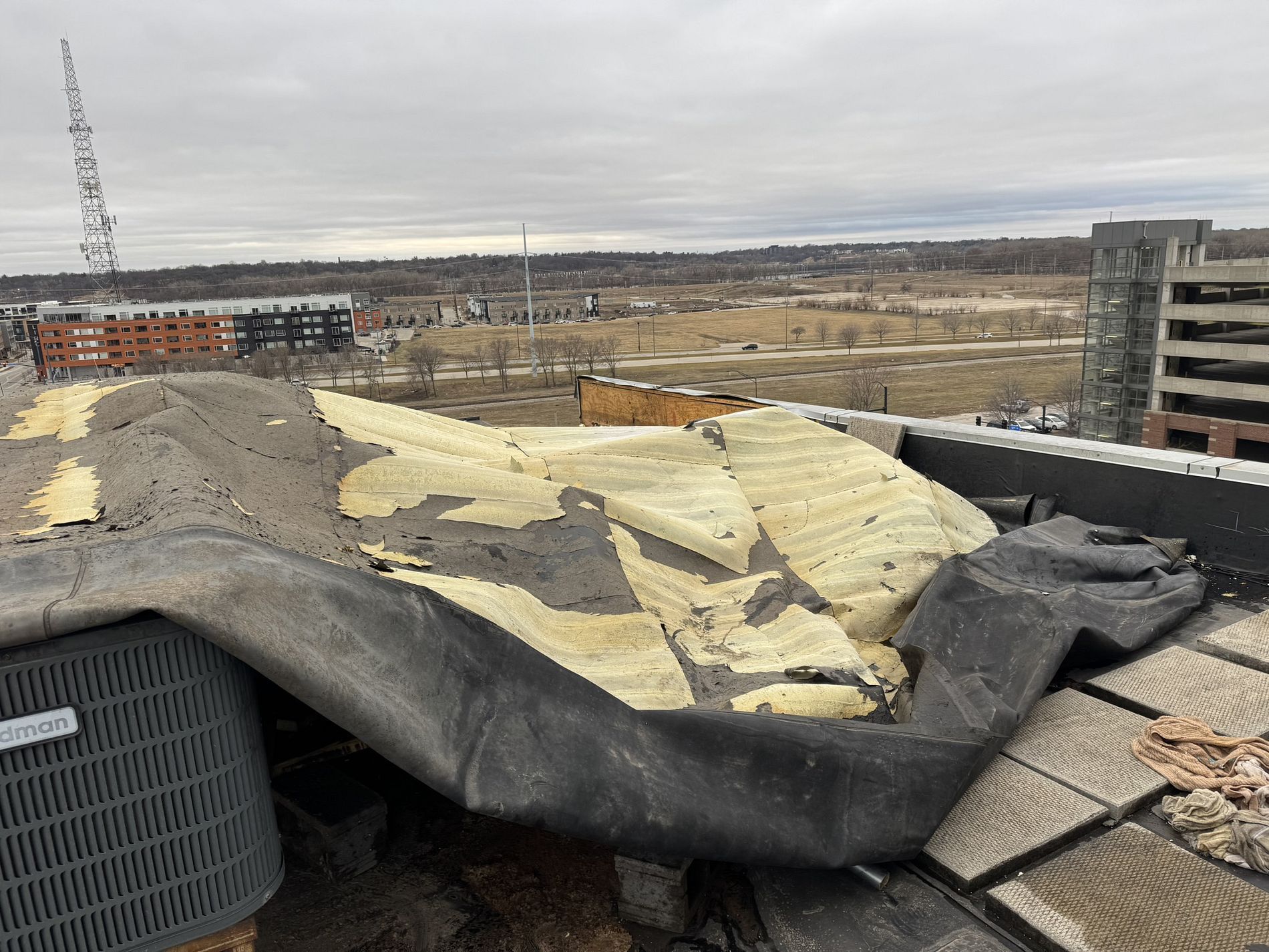
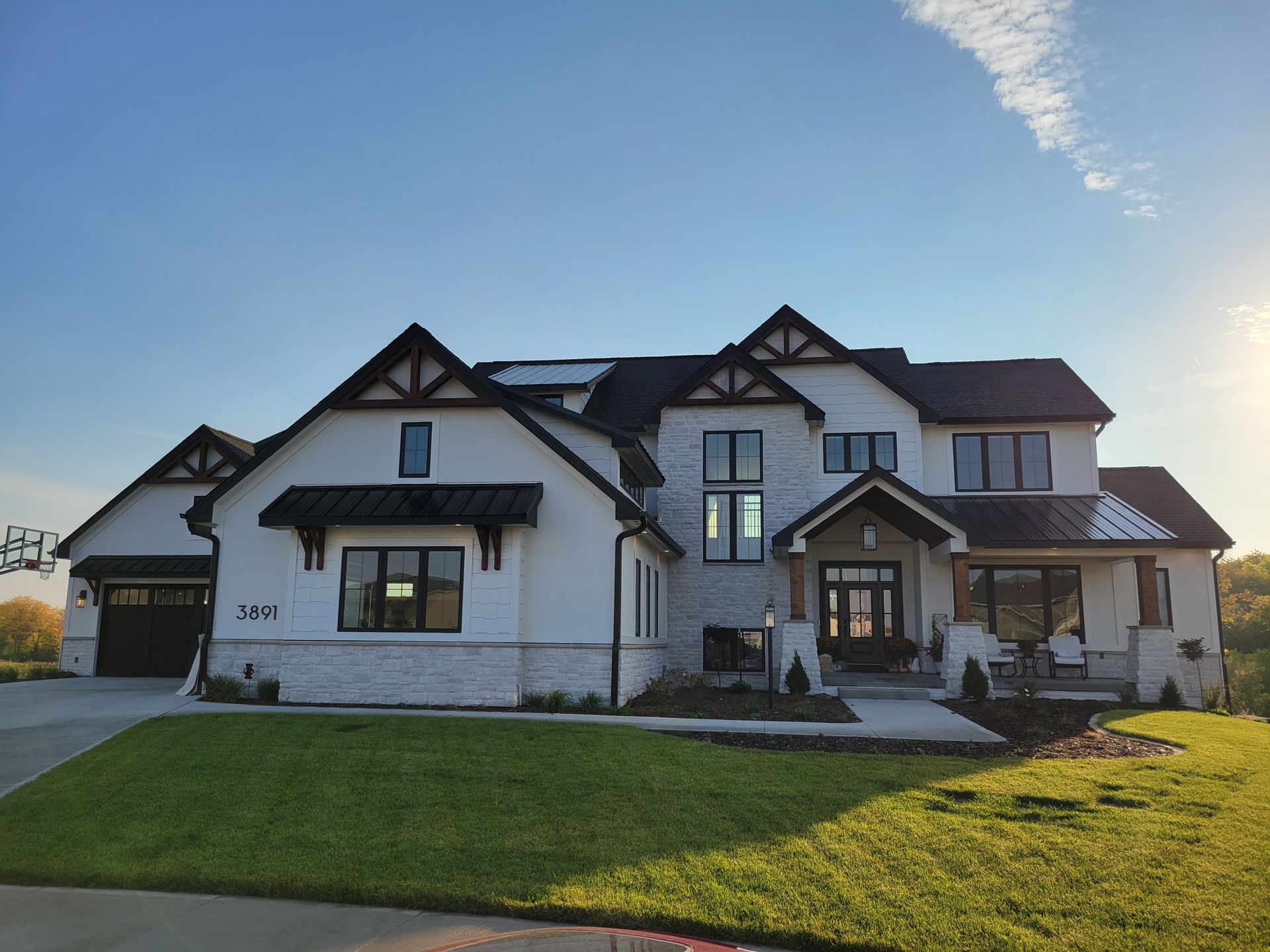

Share On: